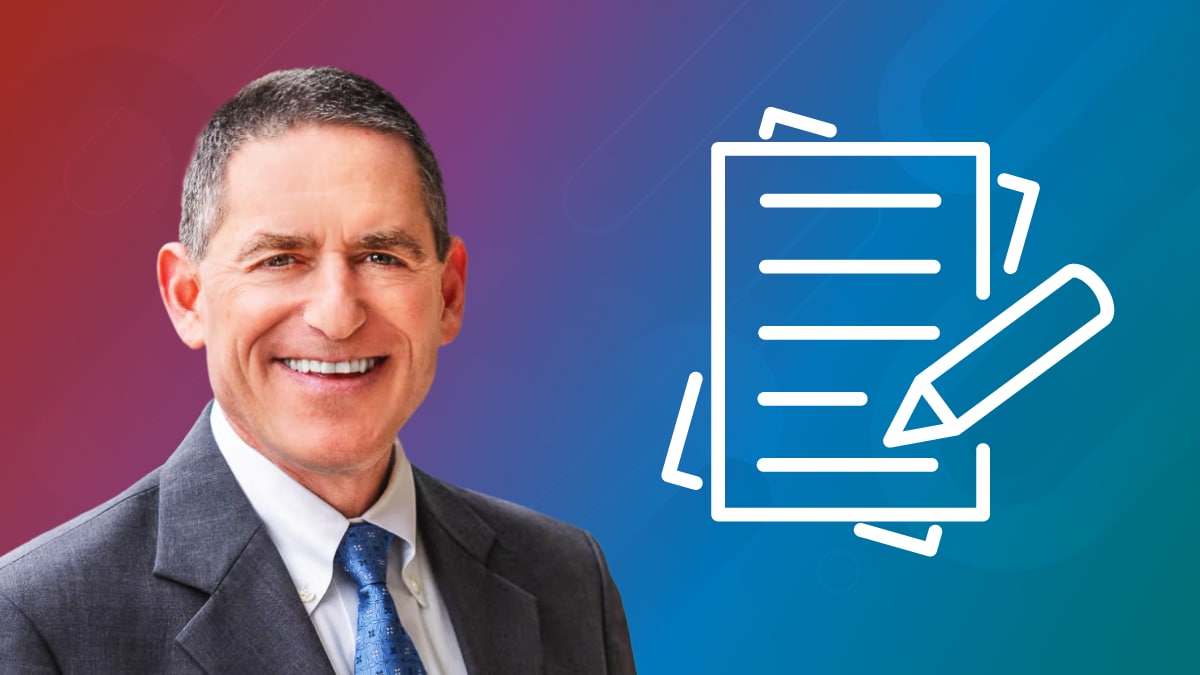At a glance
CDC joins our partners in recognizing Hepatitis Awareness Month. This letter discusses hepatitis B and C CDC continues to support the health needs of people who use and inject drugs. With momentum and broad support, we're ready for the work ahead and looking forward to the coming year.

Dear Colleague
May 19, 2023
Each May, CDC joins our partners and the Nation in recognizing Hepatitis Awareness Month. This observance allows us to raise awareness about viral hepatitis; promote proven strategies for prevention, testing, and care; and celebrate advancements in health equity as we make progress towards national and global goals.
To improve timely diagnosis and care and reduce health disparities, CDC recently released updated, universal hepatitis B screening and testing recommendations to increase access to testing. Full implementation of these recommendations will move us from 50% of people aware of their hepatitis B status toward our target of 90% awareness. Improving the number of people who are aware of their infection and linked to appropriate and timely care can help us reduce the rate of new infections and lower the rate of hepatitis B-related deaths.
Rates of hepatitis C in the United States continue to rise, while treatment rates remain far too low. To assist those seeking hepatitis C treatment, CDC developed the Hepatitis C Treatment Locator Widget, which helps users find nearby treatment providers. Public health partners can add this widget to their website, and health organizations and providers that treat hepatitis C can add their clinic to the database of providers. Hepatitis C is curable. This locator tool is a small, but significant step in helping patients locate lifesaving treatment.
CDC remains committed to supporting the comprehensive health needs of people who use and inject drugs, a priority population in the Viral Hepatitis National Strategic Plan. Supported by CDC funding, last month NASTAD awarded $6 million to 65 syringe service programs (SSPs) across the country to strengthen their capacity to reduce the infectious disease consequences of drug use in communities that need it the most. This funding will improve the health of people who use drugs and those in their communities and reduce health disparities.
Together we are making a difference by supporting and implementing evidence-based, effective strategies to reach those affected by viral hepatitis and prevent new infections, but many challenges remain. In March, the White House proposed a bold national program to eliminate hepatitis C in the United States. The five-year program, if authorized and funded, would deliver a cure for hepatitis C to millions of people and use strategies to reach disproportionately affected populations, including those in correctional settings, people who are uninsured or under-insured, and American Indian/Alaska Native communities.
On this National Hepatitis Testing Day, we echo the White House's call that all Americans learn their viral hepatitis status, and we recommit to using all available tools to address ongoing challenges and make progress towards our targets. With the momentum and broad support, we've built, we're ready for the work ahead and looking forward to the coming year. We thank you for your hard work and commitment to preventing viral hepatitis infections and improving the health of millions of Americans at risk for or with viral hepatitis.
Sincerely,
/Carolyn Wester/
Carolyn Wester, MD
Director
Division of Viral Hepatitis
National Center for HIV, Viral Hepatitis, STD and TB Prevention
Centers for Disease Control and Prevention
www.cdc.gov/hepatitis
/Jonathan Mermin/
Jonathan H. Mermin, MD, MPH
RADM and Assistant Surgeon General, USPHS
Director
National Center for HIV, Viral Hepatitis, STD, and TB Prevention
Centers for Disease Control and Prevention
Stay connected: @DrMerminCDC & Connections
